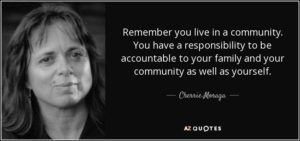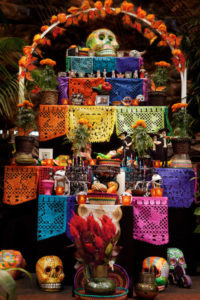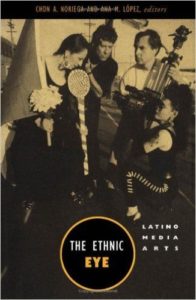This week’s readings offer us with an insight into the struggles of the Chicano/a LBGT community. In Cherrie Moraga’s Queer Aztlan, she discusses issues of Chincano nationalism, identity, and Chicana feminism. She says that some of the greatest flaws of Chicano nationalism is institutionalized heterosexuality, inbred machismo, lack of cohesive national political strategy. She shows how women are seen as adelitas and only good for the 3 F’s. Women do not receive the respect, equality, and credit for making the Chicano movement possible.The importance lies in giving up being man and the idea of superiority that goes with being a man. In Moraga’s lecture, she introduces us with more struggles of the LBGT community. She shows that a difference exists between the women and men. Men are experiences different struggles because of their lack to reproduce in a homosexual relationship. They also deal with issues of being seen as the feminine partner and being oppressed because of patriarchy and oppression of women and femininity. A multi issue approach is needed to address the LBGT community and it’s liberation from the system of patriarchy. Carla Trujillo also touches on similar issues that Moraga does. She stresses on the importance on finding your identity and self worth outside of defining yourself with a man. A woman should not feel worthless if she is single and/or has never experienced motherhood. The needs of women have been put aside because we are seen as commodity to serve our counterpart. The traditional machismo heterosexual families sees homosexuality as a threat to family and religion. Womanhood, manhood, and the family structure need to be redefined in order to liberate the all genders and the homosexual community. We cannot continue to think that homosexuals and people that identify as different genders do not deserve the same rights and freedoms that the traditional heterosexual families and communities get.
In which ways do you think individuals (homoesexuals, women, men) that do not live traditional lives can find a way to feel worthy despite the attitudes being held against them?


 In Next of Kin, Rodriguez emphasizes on the role that gay men take as members of society. An important point that Rodriguez makes is that gay men share similar conflict to lesbian women. They both have to adapt to a life where family reject them because they do not conform to the “norms”. Rodriguez encourages gay men to speak up about issues of sexuality, and to speak up against subordination within the family. Rodriguez also discusses how femininity is looked down upon.
In Next of Kin, Rodriguez emphasizes on the role that gay men take as members of society. An important point that Rodriguez makes is that gay men share similar conflict to lesbian women. They both have to adapt to a life where family reject them because they do not conform to the “norms”. Rodriguez encourages gay men to speak up about issues of sexuality, and to speak up against subordination within the family. Rodriguez also discusses how femininity is looked down upon.

